Chinese Taipei confirms presence of US troops
Chinese Taipei's president Tsai Ing-wen has confirmed that a small number of American forces are stationed in the self-ruled island to purportedly train soldiers.
The anti-Beijing president, who made the confirmation during an interview with CNN published on Thursday, did not reveal the exact number of the US military personnel but said it was “not as many as people thought.”
“We have a wide range of cooperation with the US aiming at increasing our defense capability,” further said Tsai, who is the first president of Chinese Taipei in decades to acknowledge the presence of American troops on the self-governed island.
The official confirmation is expected to aggravate tensions with Beijing.
US forces were known to have officially left Chinese Taipei in 1979, when Washington shifted formal diplomatic recognition from Taipei to Beijing. However, international media outlets, including Reuters, and those based on the island last year hinted at small deployments of American service members on the territory.
China has sovereignty over Chinese Taipei, and under the “One China” policy, almost all world countries recognize that sovereignty. The US has long courted Taipei and sells weapons to the self-governed island in violation of its own official policy and in an attempt to unnerve Beijing.
Tsai, who was elected in 2016 and reelected in 2020, has refused to accept that both sides are part of “one China.”
She further told CNN that her government needed to better tailor its military to defend the island against what Taipei has repeatedly claimed are threats from China.
“We have a system that is inherited from China, which is a very different country... The way you defend a big piece of land is different from the way you protect a small island, so we have to change the traditional thinking about how a military should be structured,” Tsai said.
She, however, said that Taipei was not abandoning the possibility of improved relations with Beijing, noting that she would sit down with Chinese President Xi Jinping for talks if he was willing to hold such negotiations.
Separately, Chinese Taipei’s defense minister Chiu Kuo-cheng, while commenting on Tsai’s confirmation, said at a press conference that Taipei-Washington military interactions were “quite a lot and quite frequent” and that they had been going on for a long time.
Last Thursday, US President Joe Biden angered China by saying that the US would defend Chinese Taipei if China attacked the island and that Washington had “a commitment to do that.”
However, a White House spokesperson subsequently appeared to play down Biden’s comment, telling US media outlets that Washington was “not announcing any change in our policy.” Moreover, US Secretary of Defense Lloyd Austin, on Friday stressed that the Biden administration remained “committed” to the one China policy but that the policy did not prevent it from providing aid to Taipei, including potent military hardware.
On Monday, Chinese Foreign Ministry spokesman Wang Wenbin said the US should abide by the one-China principle, warning Washington against “sending” any “wrong signals” to Taipei.
In response to the official confirmation of the presence of American service members in Chinese Taipei, Beijing on Thursday urged the US to adhere to the one China principle and denounced any military connection between Washington and Taipei.
“The US must adhere to the One China principle and provisions of three US-Chinese communiques. We strongly oppose any official and military contacts between the US and Taiwan, as well as US interference in China’s internal affairs,” Chinese Foreign Ministry spokesman Wang Wenbin said at a briefing.
He also stressed that Sino-American relations were based on the one China principle.
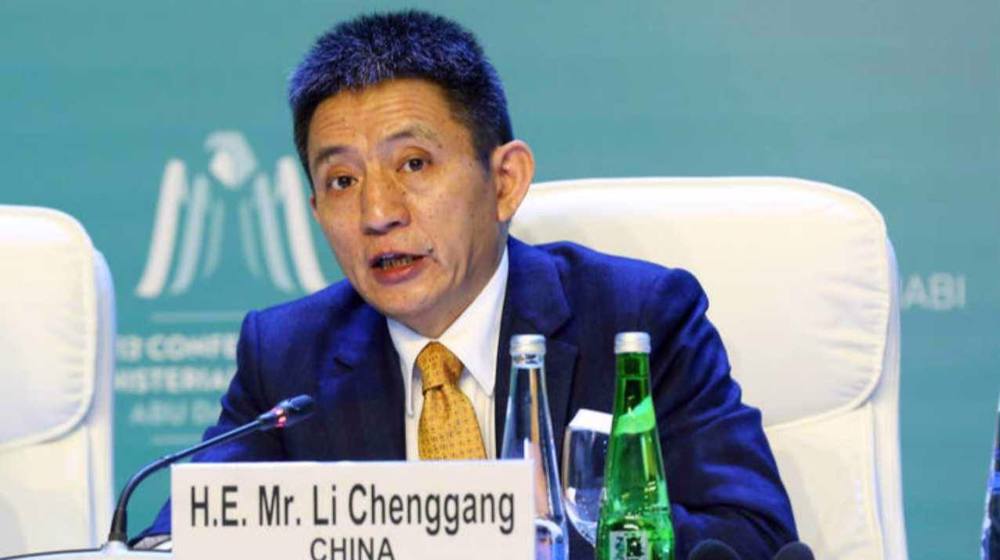
China condemns ‘unilateral and arbitrary’ US tariffs
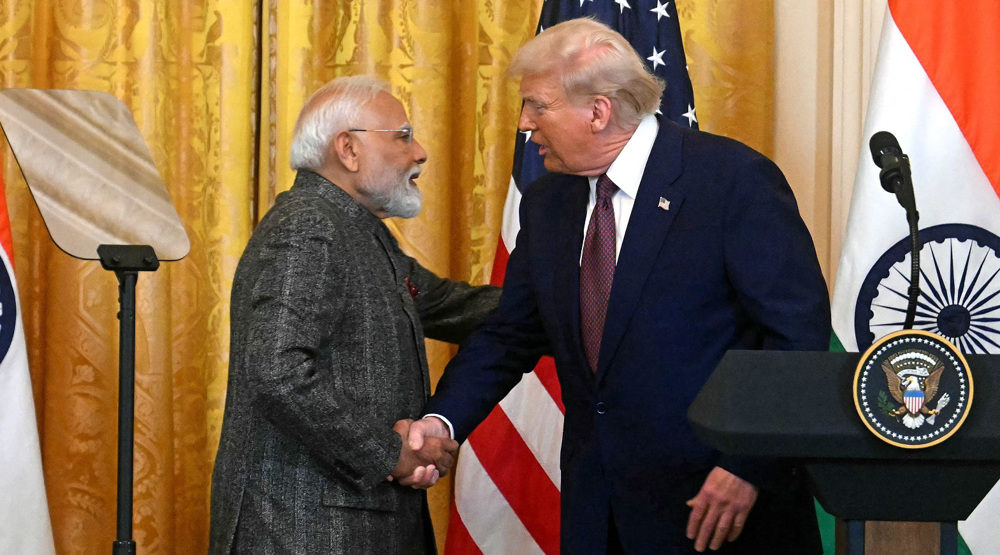
China warns US, India after Trump surge in arms sales to New Delhi
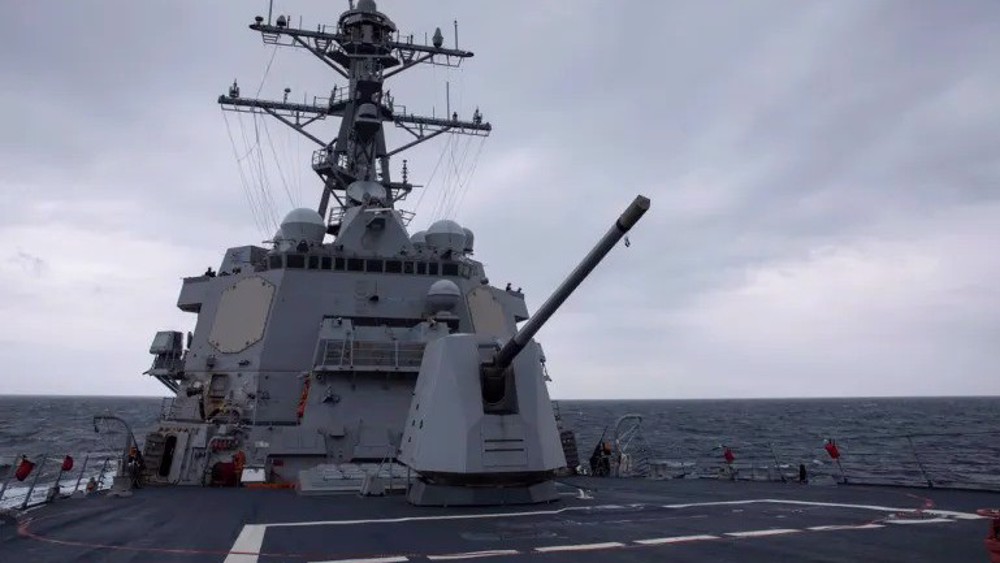
US makes debut passage through Taiwan Strait under Trump's new administration
Australian senator smeared by anti-Iran groups for saying Iranian women ‘have a voice’
Palestinian man dies in Israeli prison as Foreign Ministry urges intl. probe into regime’s crimes
Putin says not opposed to Europeans’ involvement in Ukraine talks
VIDEO | Iranian Kurdish protesters demand European action against PKK, PJAK terror
VIDEO | Israel expands offensive in northern West Bank, deploys tanks to Jenin
VIDEO | Spaniards fill streets of Cádiz in solidarity with Palestine
VIDEO | ‘Genocidal war left al-Shati camp in ruins’
VIDEO | Palestinian female journalists in West Bank face Israeli threats


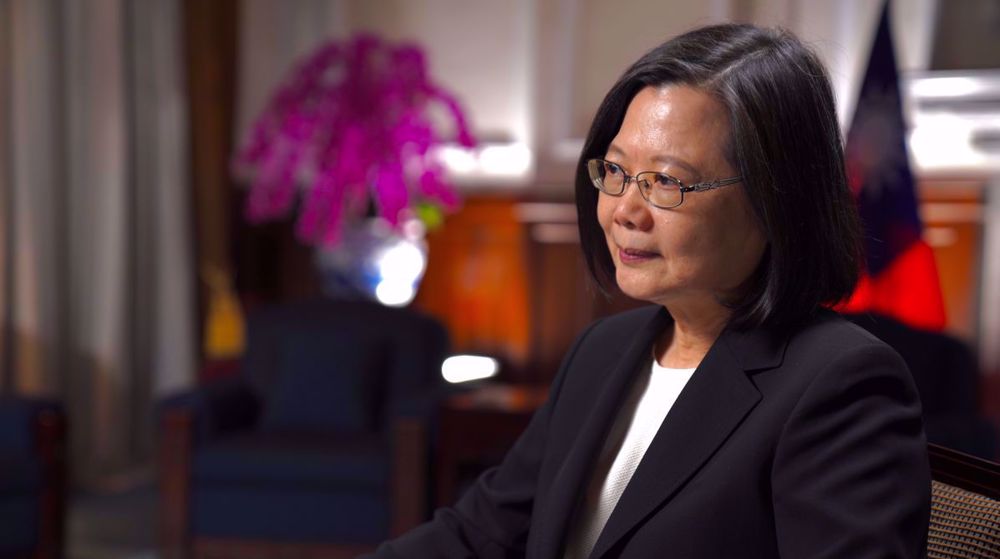
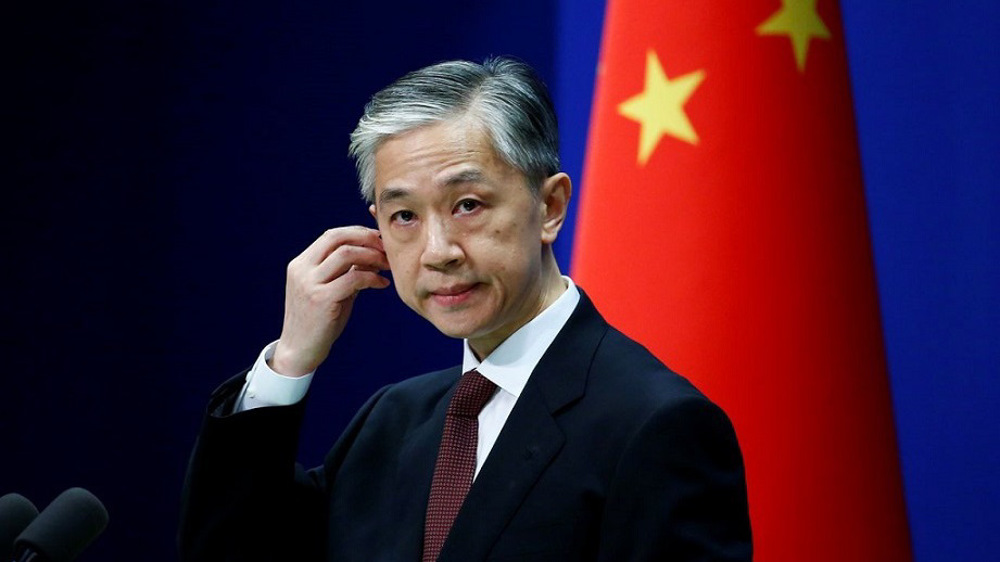
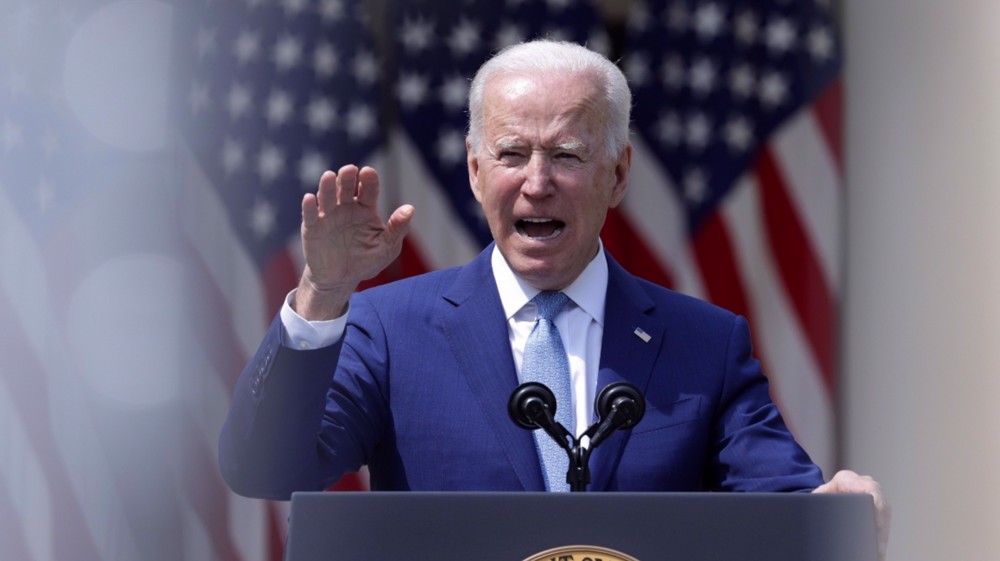



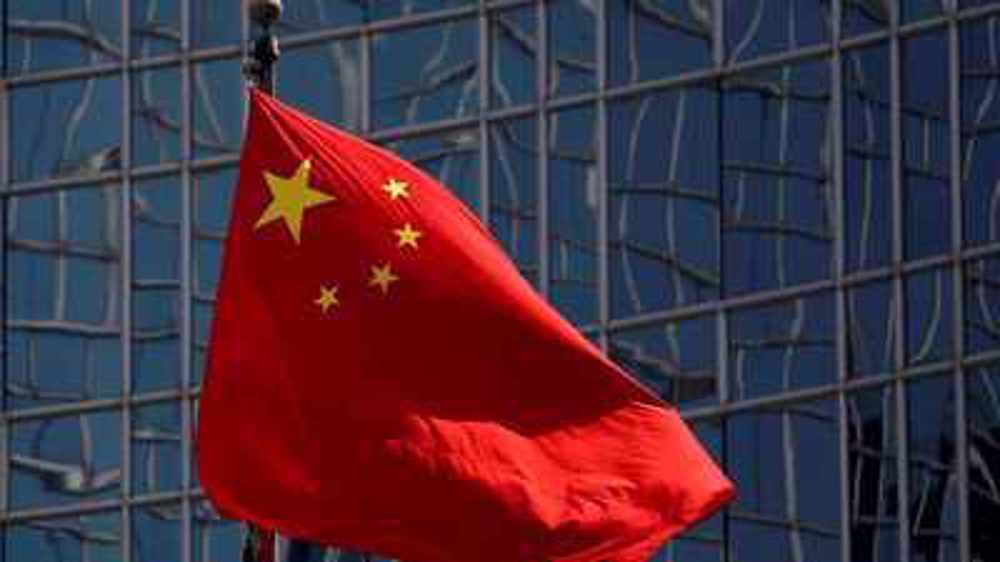
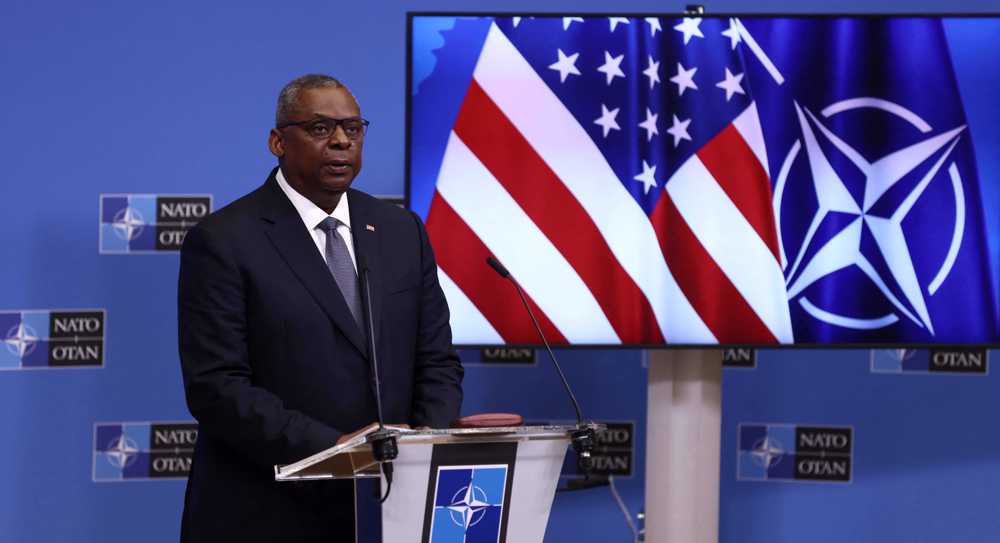

 This makes it easy to access the Press TV website
This makes it easy to access the Press TV website